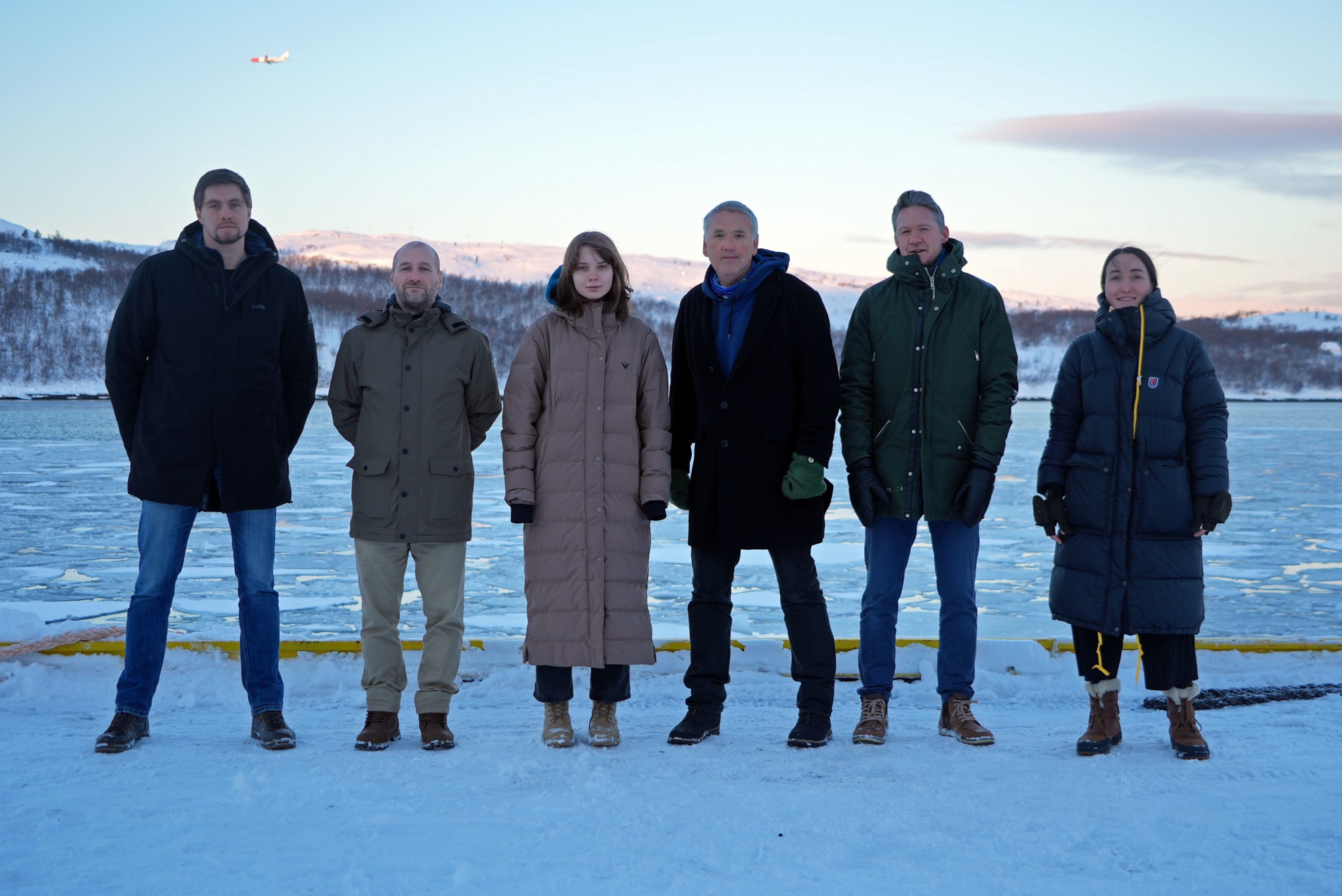‘Putin is not a threat to us, we are a threat to Putin’

“Many have tried to sink us, including the Russian intelligence service FSB, but they haven’t succeeded. What doesn’t kill you makes you stronger. When you have survived the FSB, then you can survive everything,” says Thomas Nilsen the founder and editor-in-chief of the Barents Observer.
More than 20 years ago, Nielsen and current Barents Observer director and publisher Atle Staalesen had the idea to start a cross-border, bilingual news publication from their base in the small Norwegian town Kirkenes, located just a stone’s throw away from the Russian border. Relations between Norway and Russia had been thawing since the end of the Cold War and Nilsen wanted to create a platform that could bring their nations closer in the post-Iron Curtain world.

This was early into Putin’s reign and tensions with the West were low.
“When we started in 2002, there was a period of hope and economic and democratic prosperity in Russia,” says Nilsen. “We had hoped in northern Norway for more contact and better cross-border relations between what were previously two countries on different sides of the Cold War.”
Since its inception, the Barents Observer has been published in English and Russian. The publication grew alongside increased cross-border cooperation and increasing global interest in the Arctic. Nilsen’s office is only a ten minute drive from the border and he frequently traveled across it. All that changed in 2014, when Nilsen published an article criticizing Russia’s annexation of Crimea in Ukraine, which he argued would negatively impact Arctic cooperation.

“I have been banned from entering Russia since 2014 and been a persona non-grata since 2017. Then in 2019 we became the first Nordic media to be blocked online in Russia,” says Nilsen. “Following the annexation of Crimea the FSB asked Norwegian authorities to shut us down.”
Putin’s belligerent foreign policy and autocratic crackdown on media at home radically changed the Barents Observer’s mandate. A publication that was created to facilitate cross-border cooperation and understanding was declared an enemy of the Kremlin. Today, their Russian readers have to use tools such as VPNs to access their articles and their social media presence has shifted heavily towards the encrypted platform Telegram.
“We have had very good experience in circumnavigating their censorship—we are outsmarting their tools,” says Nilsen. “You can think about it this way; both China and Russia have the same will to censor the internet, but Russia doesn’t have the same ability. Their technology isn’t as sophisticated.”
Russia’s 2022 full-scale invasion of Ukraine marked another phase in the publication’s struggle against the Kremlin. Independent media outlets in Russia were targeted and dissident journalists were forced to flee the country. Exiled journalists turned to the Barents Observer seeking employment and a platform to continue their coverage of Putin’s regime.

“After the Ukraine invasion, there were hundreds of Russian journalists fleeing in all directions. We said to ourselves ‘we can invite some of them to work for the Barents Observer’, but at the time we didn’t have the funds to employ them,” says Nilsen. “Norway is not the cheapest country and we needed money to pay their salaries. So we started to call around to people and institutions and received a very positive response, this allowed us to secure funding for four journalists, all from the north of Russia.”
Since the invasion, the Barents Observer has covered a variety of topics uncomfortable to the Kremlin. This includes illegal protests against the war, military casualty rates among northern Russians and clandestine FSB spy networks operating in northern Norway. This continued critical coverage of the Russian regime, as well as their employment of four dissident journalists, has undoubtedly made their security situation more precarious, but the passion Nilsen and his colleagues have for their mission overrides any fears they might have of the Kremlin.
“Putin fears journalism and free discourse. That is why he kills his opponents, including journalists, but he can’t do that outside of Russia,” says Nilsen. “We are not afraid, but we are very aware of our situation. It might well be that our phones are being tapped and our emails hacked, we are a small media and don’t have all the tools to ensure our security. Which is why when we are working on sensitive material, we don’t use digital tools.”
Despite Nilsen’s belief in his mission and his dedication to bringing the truth to light, he is pessimistic about a resurgence of democracy within Russia in the coming years.
“I only see darkness, but that being said there is hope. Even in darkness, hope survives. There weren’t many people who expected the Soviet Union to fall when it did and I completely dismiss this idea that the Russian regime is stable, for instance, we don’t know what will happen when Putin dies. He has embarked on an empire building war in Ukraine just like Hitler did and those kinds of empires don’t survive,” he says.
As Putin’s invasion of Ukraine continues and the crackdown on civil liberties within Russia reaches a new zenit, independent media and exiled journalists play a more vital role than ever. And as Nilsen explains, “the truth is Putin’s worst enemy.”
“Putin’s regime is built on fear and it tries to scare journalists away from doing their job. Within Russia they have succeeded, but live outside of Russia and we are not afraid. We have a saying at the Barents Observer, ‘Putin is not a threat to us, we are a threat to Putin’.